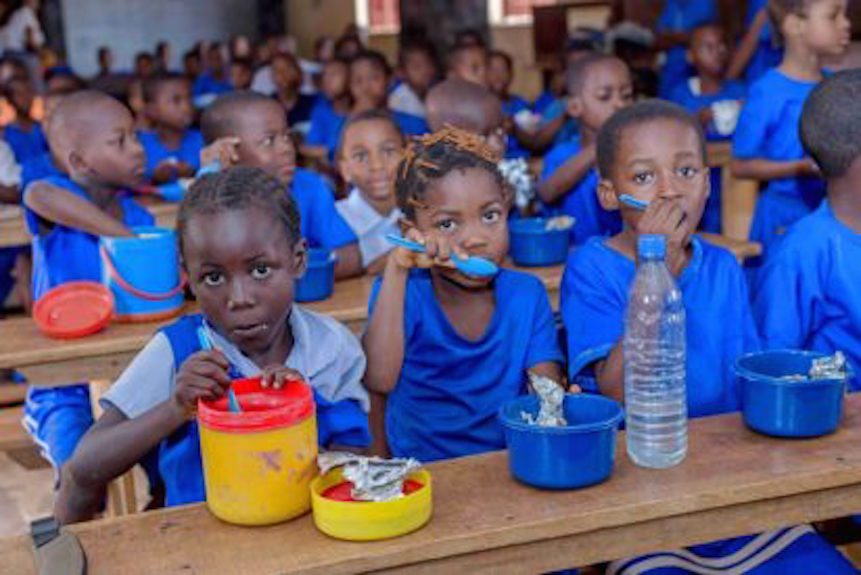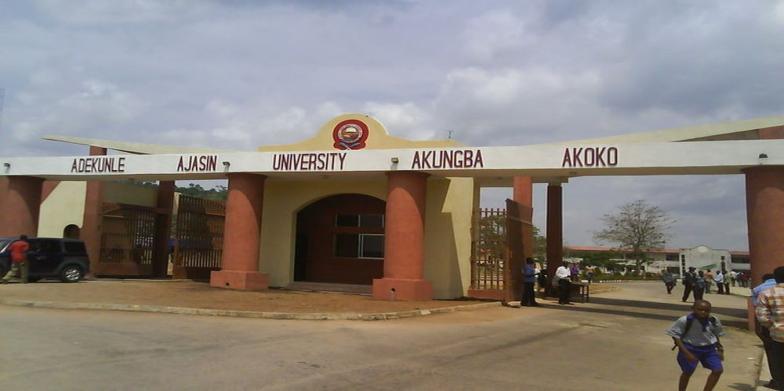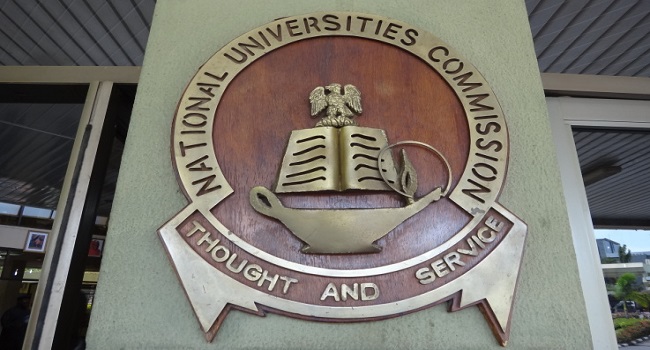Federal Government Set to Restart School Feeding Programme in May


The federal government is set to restart its Renewed Hope National Home-Grown School Feeding Programme (RH-NHGSFP) on May 29, 2025.
This announcement was made by the Minister of State for Humanitarian Affairs and Poverty Reduction, Dr Yusuf Sununu, during a session with development partners, non-governmental organisations, and government representatives on Wednesday, April 23, 2025, in Abuja.
The planned relaunch comes amid the lingering issues and accusations of fraud that previously affected the programme’s reputation.
Sununu stated that the renewed programme would be unveiled on May 29 as part of the celebrations marking President Bola Tinubu’s second anniversary in office.
He explained that the initiative is designed to tackle hunger among children and enhance educational achievement nationwide. He also mentioned that the programme’s all-encompassing approach involves giving children nutritious daily meals made with ingredients sourced locally to benefit both students’ well-being and the livelihoods of local farmers.
The minister explained that the programme aims to positively impact 10 million children and could lead to a 20% rise in school enrolment and a 15% improvement in academic results by the year 2025.
He said, “The initiative aims to benefit 10 million children and could increase school enrolment by 20 per cent and academic performance by 15 per cent by 2025.
“Our mission is to feed every public school pupil in Primary One to Three, nurturing their potential and building the nation’s future.”
The programme is also geared toward combating malnutrition, encouraging students to remain in school, and supporting the nation’s development goals.
Sununu referred to the initiative as a significant measure in addressing hunger, undernutrition, and low levels of school attendance throughout the country.
He called for greater involvement from communities, urged parents to participate actively, and emphasised the importance of training those who will be cooking, highlighting how the programme could also empower women and small-scale farmers.
The administration further pledged to introduce reforms, enhance oversight, and collaborate with stakeholders to ensure long-term viability and meaningful results.
Dr Aderemi Adebowale, the National Programme Manager of RH-NHGSFP, characterised the programme as a long-term investment in the nation’s future.
She pointed out that the programme’s purpose is not limited to providing meals—it is also focused on uplifting women, youth, and farmers through sustainable and inclusive methods.
Adebowale disclosed that the 2025 federal budget includes an allocation of N100 billion to broaden the programme’s reach and increase its effect at the community level.
She said, “The updated RH-NHGSFP will provide daily meals to public primary pupils using food grown and sourced locally.’’
Adebowale also shared plans to introduce QR-coded supply chains and systems for real-time monitoring to enhance transparency, maintain food standards, and ensure accountability.
She noted that the programme will actively involve women, young people, cooks, and farmers by offering them specialised training and opportunities to earn an income.
She said, “Nutritionists, health professionals, and supervisors will monitor food quality and assess pupil health and programme outcomes.
“The focus remains on local sourcing, especially through women-led cooperatives, aiming to reduce rural poverty by 40 per cent.’’
She added that coordination with the National Identity Management Commission would make sure all recipients are officially registered and can be traced.
In August 2024, the Minister of Finance and Coordinating Minister of the Economy, Wale Edun, had indicated that the federal government was preparing to reinstate the suspended school feeding initiative.
Earlier, in January 2024, President Bola Tinubu had paused the school feeding programme, which was under the management of the National Social Investment Programme Agency (NSIPA), due to an investigation into reported irregularities concerning how the agency was run.
As part of this action, the President suspended Halima Shehu, the Chief Executive Officer of NSIPA, as well as the Minister of Humanitarian Affairs and Poverty Alleviation, Betta Edu, following allegations of financial wrongdoing.
The original rollout of the programme had been surrounded by major disputes and claims of corruption, particularly during the administration of former President Muhammadu Buhari.










